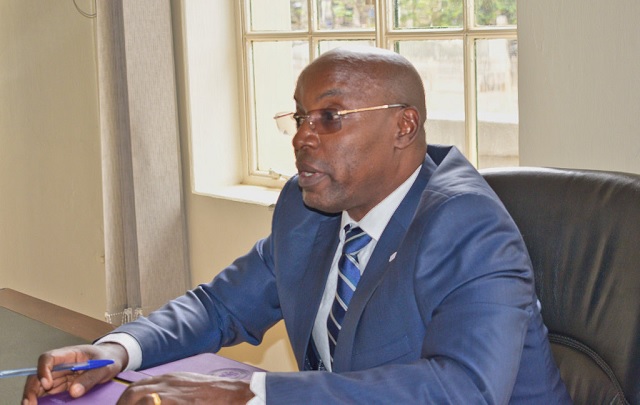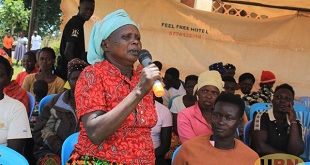
Masaka, Uganda | THE INDEPENDENT | Justice Dr. Flavian Zeija, the Principal Judge, is mooting for structural adjustments in the administration of the plea-bargaining procedure, to allow prompt sentencing of offenders as one of the ways of decongesting prison facilities.
He proposes that if a person willingly confesses to the offenses even immediately after arrest, the court should instantly proceed to determine their fates and grant them the due sentences without sending them on remand.
Under the plea bargaining procedure, the accused person willingly pleads guilty to the offense and enters into negotiations with the prosecution in return for a lenient sentence on conviction.
It was adopted as one of the alternative dispute-resolution mechanisms that help to address the heavy case backlogs that clog the courts of law, hence frustrating the expeditious administration of justice in the country.
However, Justice Zeija observes that the procedure still maintains unwanted congestion in prison facilities because the accused persons are still left to serve long remand periods before they are eventually sentenced.
He prefers that courts allow the confessing offenders to instantly bargain for the sentences even at their first appearance in a court of law, without necessarily undergoing the usual norm of waiting for a special session in which they can bargain for their sentences.
Using a recent example of Tabula Bbosa Lugya; a suspect who confessed to masterminding the shooting of Engineer Daniel Bbosa, the head of Ndiga Clan, Justice Zeija prefers that in such circumstances, Courts be allowed to instantly determine the fate of the suspects based on their confessions instead of sending them on remand.
He observes that once adopted, the preferred adjustments will save the country from avoidable wastage that includes among others, time, space in remand cells, and money for repeated transportation of the confessing offenders as they await trial.
Zeija observes that the Judiciary is committing its efforts to encourage communities to embrace alternative dispute resolution mechanisms, instead of always preferring to quench their anger through enduring protracted litigation processes in the courts of law.
According to him, their assessments have established many of the disputes filed to courts of law can be resolved through options such as mediation by local and opinion leaders, something that can also help to build harmony in communities.
However Ben Yovan Ocen the Officer in Charge of Masaka Main Prison facility has challenged the judiciary to workout processes on increasing the number of High Court criminal sessions, such that even the non-confessing suspects are catered for in the shortest time possible.
He explains that they usually get complaints from suspects who serve long remand sentences but later acquitted after undergoing prison distress for which they are not compensated. Justice Zeija pleads in addition to reforming the plea bargaining procedure the judiciary should consider other means of improving efficiency in the delivery of justice by reducing the time a person can stay on remand.
******
URN
 The Independent Uganda: You get the Truth we Pay the Price
The Independent Uganda: You get the Truth we Pay the Price



